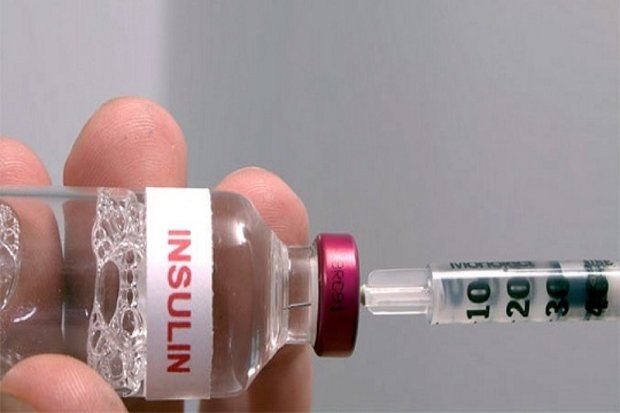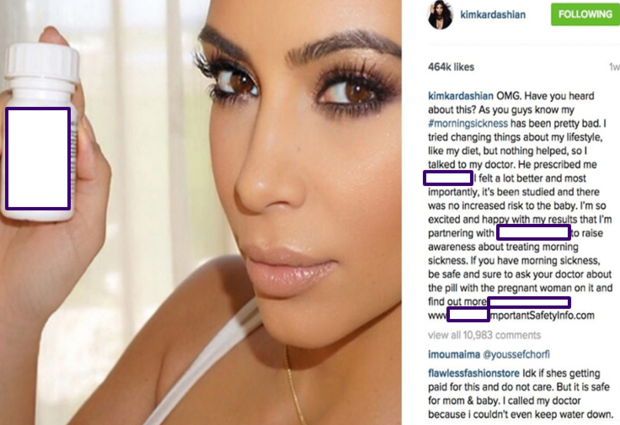''Half of the drugs from Europe doesn’t have any novelty''
Ex-director of the World Health Organization’s department Hans Hogerseil over how pharmaceutic companies make money from people
Pharmaceutic companies assure that high prices for medicine are needed for scientific research. For this reason, the price for new effective medications reaches thousands of dollars, which exceeds purchasing power of residents of both developed and poor countries. Specialist in public health, professor of Groningen's medical centre and ex-director of the World Health Organization's department Hans Hogerseil who delivered a speech at the Kazan Federal University told whether it was possible to break this endless circle.
Unavailable vital medications
Prices for medicine are so inflated that the medications included to the modal list of vital drugs become unavailable for the most part of the population even in the countries with a high income, the University of Groningen professor Hand Hogerseil set the pace of the lecture.
As an example, the speaker told about a recently created medication against Hepatitis C – Sofosbuvir. The price for one pill of this drug is $1,000. A person needs a total of 84 of such pills during the whole treatment course. It will take 30 years to cure sick people of Ireland only for such a price!
Brazil agreed on a special price – just US $12 million for a course, there were ordered 40,000 courses at $500 million. Despite this, Brazil still has 2,5 million people who need treatment and the country can't bring a cheaper generic drug from Bangladesh: Sofosbuvir is patented in Brazil.
What are vital drugs? These are drugs that meet population's need in health. They should be effective and inexpensive. Most of the highly developed countries chose this concept. Mr Hogerseil noted that the UN countries agreed on a sustainable drug development policy for the next 20 years. But there are still problems with the availability of basic drugs.
Countries support treatment of some diseases with the aid of government programmes. However, if a country doesn't have such, patients have to find a solution themselves.
According to the professor, a woman in Cambodia told she wished she had AIDS. She had diabetes, she needed insulin every day. The country had a national AIDS programme – infected people have the right to get free drugs. Cambodia didn't have such a government programme on diabetes. This is why the woman has to spend half of her salary on insulin. Even an inexpensive drug can become a financial problem if it is needed throughout your life.

By Lancet's Commission on Drug Policy's calculation, US $13-25 need to be spent on a person a year to provide the population of every country with more important drugs of 2,100 names. According to research, ¾ of low-income countries spend less than the minimum sum of $13 on a person. These countries don't have enough money even for basic drugs. In 33 countries whose income is lower than the medium level, people pay over 50% of their costs themselves.
It's curious that in this context the number is taken from the Russian reality. According to the speaker's data, our country spends about $400 per person, that's to say, 30 times less than needed to provide the population with basic drugs. But the professor says the problem is that countries often spend money in vain by financing or purchasing analogues of drugs, though expensive analogues don't have any advantages. For instance, insulin's analogue in Kyrgyzstan accounts for over 50% of the costs, which is approximately 10 times more expensive than usual. The World Health Organization says that their effect is almost identical. But if the country used usual insulin, much more patients would be able to receive treatment.
Kardashian swallowed the bait of pharmaceutic companies
Very pharmaceutic companies are interested in selling expensive drugs more. Moreover, they are, first of all, focused on the production of medicine to cure chronic diseases that patients pay for during all their life.
The professor put an example that if a person had to take insulin throughout his life, it was more profitable to sell him a drug that was 10 times more expensive. But there is a more profitable business – to cure people until they are not sick. Mr Hogerseil calls it pre-diabetes. Pharmaceutic companies say you can have diabetes, and this drug will enable to postpone the disease. This is why start taking it right now.''
The pharmaceutic industry reduces commonly accepted arterial tension norms for the same reason. And now one in three US citizens takes drugs that reduce it. People are also cured of future osteoporosis, women are prescribed hormonal drugs.
The speaker warned his listeners that they should be very careful, analyse results of scientific research, look for proof. Mr Hogerseil advised not to trust everything that pharmaceutic companies say to us.

But people also should carefully trust patient organisations as a source of information. Their activity is also paid by same pharmaceutic companies, the speaker added and remembered an illustrative example. In 2015, American model Kim Kardashian published a post on Instagram that promoted an anti-nausea and vomiting medication. The star actively advised her followers this drug by explaining that it helped her when she had morning sickness while being pregnant. In a short message, she mentioned the name of the medication four times. Almost several days later, US FDA made her delete this post because this information was ''false or confusing''. By the moment when the message was deleted, the post has almost 500 million likes and 11,000 comments.
Patent enables to fix prices much higher than its prime cost
The industry's representatives will always tell that new medications are expensive because the cost of scientific developments is included in it. But, according to research where all medications made in the last 15 years in Europe were analysed, more than half of the drugs did not have any novelty. Some of them had even a lower quality than those that had been used.
Patent is not a guarantee that new medications will have a higher quality. According to the World Health Organization, many countries have already tightened their legislature on drug policy since 1991. The problem is that a producer can fix any price within the patent. For instance, the production cost of a pill of above-mentioned Sofosbuvir is $68-136. The USA will spend one thousand to buy it.
High prices for medications are not a global problem. And it's a reason for doctors' protest around the world. The lector says doctors in Spain, Germany go outside with banners Good Medications for All or Patients Have the Right to Life.
Mr Hogerseil told that now buyers in America unite in communities to buy medications from India for a much lower price than they are sold in the States. It's not permitted, but exceptions are allowed. The government of Italy also permitted it to its citizens if there isn't a possibility to buy expensive drugs.
Unavailability of expensive medications included in the list of vital drugs is a big problem for both poor and rich countries, Hand Hogerseil repeated the initial thought at the end of the lecture. And the problem of injustice can be solved only in one way, unfortunately, — by social medical insurance and subsidised treatment for poor classes of the population.
The professor says it's the only way to make good health available for all. The free market won't solve the problem. Only a government can solve it.
In addition, in conditions when the cost of scientific research is overestimated by industrial companies and doesn't coincide with the reality, one needs to reconsider the financing mechanism of scientific research, not to make it by medications' high price.